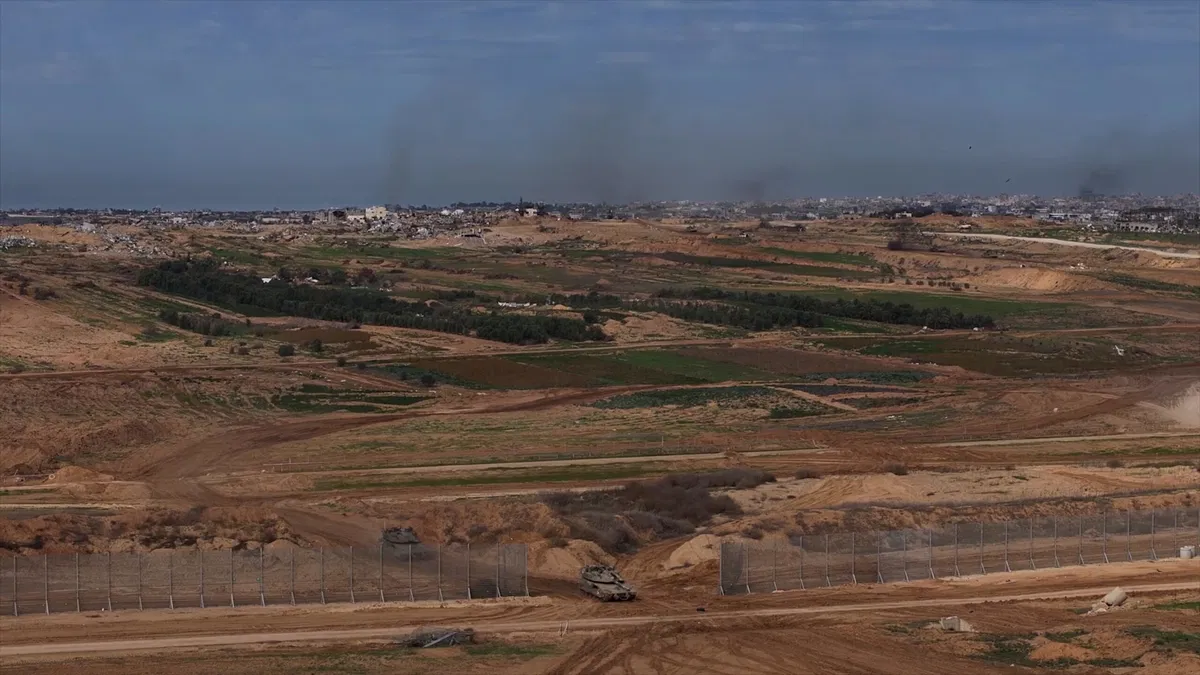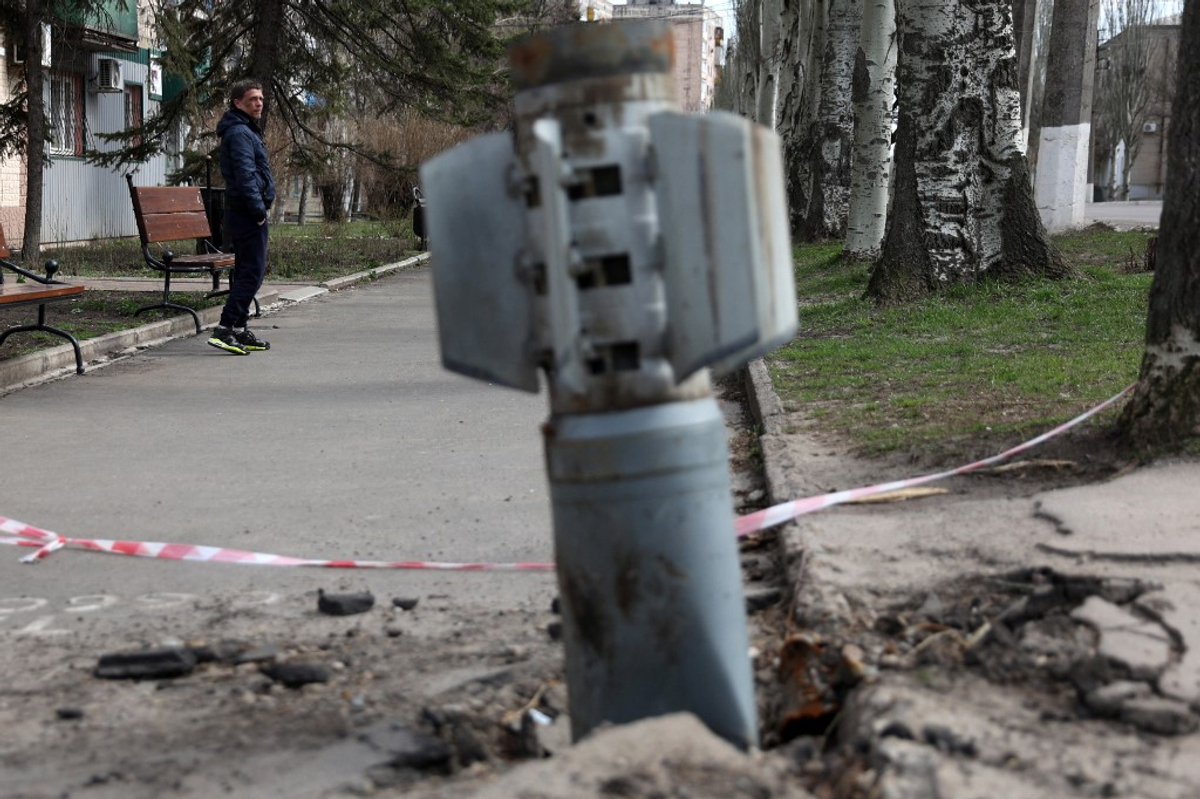By Molly Grace
Copyright euroweeklynews

A Jordanian truck driver transporting humanitarian aid to Gaza opened fire at the Allenby Bridge border crossing between the West Bank and Jordan on Thursday September 18, killing two Israeli civilians. The assailant was subsequently shot dead by Israeli security forces, in what authorities have classified as a terrorist incident.
The attacker, identified as Abdel-Mutalib al-Qaisi, a Jordanian national in his late 50s, had been delivering aid to Gaza for several months. According to Israeli authorities, he concealed a weapon inside his vehicle and opened fire on personnel at the crossing. When his firearm reportedly malfunctioned, he attempted to attack the victims with a knife before being neutralised by security forces. The two victims were men, aged approximately 20 and 60. Following the attack, Israeli forces temporarily closed the crossing and conducted searches in the surrounding area, including nearby towns. The incident prompted heightened security measures at the Allenby Bridge and other crossings between Jordan and the West Bank.
Hamas praised the attack as a “heroic operation” but did not officially claim responsibility. In response, Israel announced the temporary suspension of all humanitarian aid deliveries from Jordan and stated that it would review security procedures for aid convoys entering Gaza. This attack follows a similar incident at the same crossing in 2024, in which a Jordanian driver killed three Israeli workers. Jordan’s government condemned the attack and expressed condolences to the victims’ families. Officials emphasised the importance of maintaining the peace treaty with Israel, signed in 1994, and pledged full cooperation with Israeli authorities in investigating the incident. The government also underlined that humanitarian aid operations are vital and that they must continue in a secure and regulated manner.
The Allenby Bridge is a critical humanitarian route for aid entering Gaza, particularly during periods of heightened conflict between Israel and Hamas. The attack has highlighted the challenges involved in safeguarding humanitarian workers and ensuring that aid convoys can operate without threat. Both Israel and Jordan now face the task of balancing the continuation of aid deliveries with enhanced security measures to prevent further incidents.
International observers have expressed concern over the escalation of violence at the border and its potential impact on the humanitarian situation in Gaza. Aid organisations have warned that disruptions to aid delivery could have serious consequences for vulnerable populations dependent on medical supplies, food, and other essential assistance. Efforts are underway to resume safe operations while reinforcing security protocols for drivers and border personnel. The incident also draws attention to the broader regional context, where tensions remain high despite longstanding agreements aimed at ensuring peace and cooperation. It underscores the fragility of cross-border operations and the potential for individual acts of violence to disrupt humanitarian and diplomatic efforts.
As investigations continue, officials on both sides have urged calm and called for adherence to security procedures. The attack serves as a stark reminder of the volatile environment surrounding aid operations in conflict zones, and the ongoing challenge of delivering humanitarian assistance safely amid political and security pressures.



